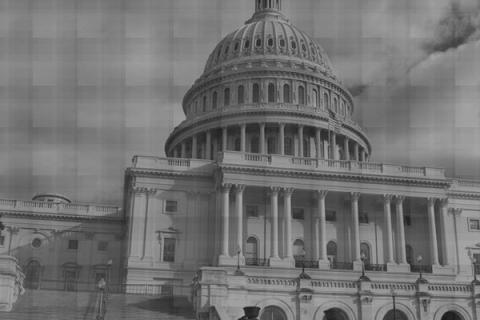As has been widely reported, the decision in November 2009 by the University of California to increase student tuition by more than 30 percent set off a wave of criticism and protests throughout the state. Unfortunately, this significant jump in tuition is something California students have been grappling with for several years.
The University of California, California State University and California Community Colleges have raised tuition and fees for their undergraduate degrees 61, 49 and 30 percent respectively over the past five years. However, these skyrocketing tuition hikes may soon be a thing of the past.
On Wednesday of this week, California’s Senate Education Committee will hold a hearing on SB 969, also known as the California College and University Stabilization Act of 2010.
The bill, introduced by Senator Dean Florez (D-16), caps fees and tuition at five percent per year for all three California systems beginning in 2011-2012. Fees and tuition would remain stable during a student’s enrollment with increases applying to only new students.
Both UC and CSU have voiced concerns over the legislation. After being victims of punishing state budget cuts, UC’s administrators do not believe it is possible to maintain a quality education with this kind of cap on tuition unless there is a guarantee from the state for funding. CSU’s chancellor’s office believes it will unduly burden new students entering the system.
The Senate is not alone is trying to deal with this tuition increase. In January, Governor Schwarzenneger proposed a constitutional amendment that would guarantee at least 10 percent of the state’s general fund would be earmarked for UC and CSU (this year it was 7.5 percent). June 24 is the last day that the governor has to qualify his proposal for November.
The California system for higher public education was once the envy of the world, providing access to affordable education for all of the state’s residents who sought a secondary degree.
While SB 969 and the governor’s proposal may not prove successful, it is a positive sign that the California legislature and the governor’s office are making sincere efforts to tackle this enormous challenge for the state, the university systems, and in particular, current and future college students.
